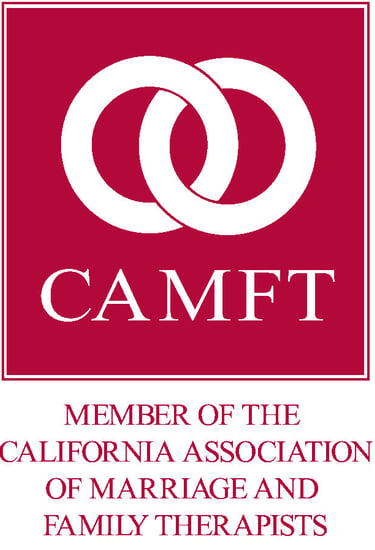Knowing Ourselves Completely: Insights from Meditation and Psychotherapy
Both meditation and psychotherapy encourage us to explore our own depths through integrating all parts of ourselves with compassion and clarity.
PSYCHOTHERAPY MINDFULNESS


In the quiet morning hours, watching the moon at dawn, a 10th-century Japanese poet Isumi wrote:
“Solitary, mid-sky,
I knew myself completely,
No part left out.”
This beautiful verse captures a profound truth about the journey inward—a journey that meditation and psychotherapy both invite us to undertake. It speaks to the transformative process of self-discovery, where no part of ourselves is excluded from awareness.
These are some insights garnered from Joseph Goldstein’s Insight Hour podcast, Episode 187 Love and Fear.
About Meditation Teacher Joseph Goldstein
Joseph Goldstein is one of the most respected teachers of insight meditation in the West and a co-founder of the Insight Meditation Society in Barre, Massachusetts. For decades, he has guided practitioners in exploring the depths of mindfulness, compassion, and self-awareness. His podcast, Insight Hour with Joseph Goldstein, offers profound teachings drawn from his vast experience in meditation, weaving together timeless wisdom and practical guidance to support personal transformation.
Meditation and the Process of Remembering
As the poet suggests, true self-knowledge arises when we embrace all aspects of our experience. Meditation often begins with simply collecting attention and grounding ourselves in the present moment. Over time, as the mind quiets, memories and emotions long buried may surface with new clarity.
For many, these recollections range from mundane memories of childhood TV shows to poignant encounters with past relationships, old hurts, and even regrets. In meditation, as Joseph Goldstein reflects, this process becomes an “emptying out”—a clearing of the mind’s accumulated impressions.
The Parallels with Psychotherapy
This reflective process mirrors much of the work in psychotherapy, where clients explore the layers of their inner lives to better understand themselves. Both practices create space for suppressed memories, unresolved feelings, and deeply held patterns to arise into awareness. In therapy, as in meditation, we sit with these experiences—acknowledging them without judgment, creating room for healing, understanding, and re-writing of past narratives.
The Transformative Power of Awareness
When we approach these arising emotions with mindfulness and honesty, profound shifts can occur. Joseph Goldstein shares an example from his meditation practice: the remorse of taking the life of a chicken as a young Peace Corps volunteer. By reliving the experience with mindful attention, he discovered a purification process—one that allowed him to release the emotional weight of the memory and deeply remorseful feelings.
In therapy, this same process unfolds, in a supportive environment, as we gently turn toward our pain and regrets. By bringing compassion and curiosity to even the most difficult parts of ourselves, we create the conditions for healing and self-forgiveness.
Discovering Loving Kindness
As we deepen this work, a surprising discovery often emerges: beneath the layers of reactivity, projection, and judgment lies a wellspring of loving-kindness. Meditation and psychotherapy alike help us connect with this basic reservoir of goodwill—a generosity of the heart that naturally extends to ourselves and others. It might be difficult to believe if this has yet to have been experienced. Transformation and evolution is, however, possible.
This realization transforms our understanding of love and attachment. Where attachment seeks to grasp and hold, loving kindness simply wishes for happiness—free of expectation. It is a gift we can offer unconditionally, even to those we once struggled to forgive. (Here, I am referring to "attachment" from a mindfulness perspective, not to be confused with attachment theory)
The Intersection of Meditation & Psychotherapy
The Japanese poet’s moment of self-knowing—“no part left out”—is not an endpoint but an invitation. Both meditation and psychotherapy encourage us to explore this wholeness, integrating all parts of ourselves with compassion and clarity.
In the bustling world, where life often pulls us in countless directions, San Francisco psychotherapy or meditation practices in the Bay Area and beyond offer a grounding path. Through them, we learn to approach life’s complexity with openness, cultivating the inner space needed to know ourselves completely.
If you are interested in learning more about in-person therapy treatment options in San Francsico -or- telehealth in California, click here now to set up a free consultation





